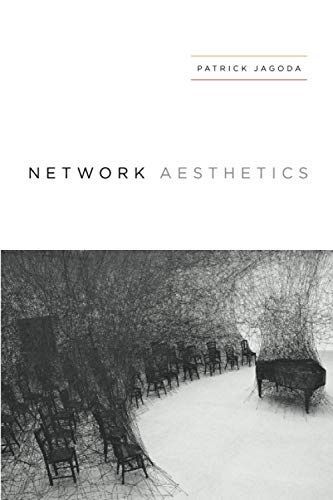
Network Aesthetics
Even as "network" has become a contemporary keyword, its overuse has limited its analytic usefulness. In the enthusiasm that orbits the concept, the network is too easily taken up as a term that we should already know. Patrick Jagoda claims that we do not, in fact, know networks, in part because of their very ubiquity and variety. His book shows how a range of popular aesthetic forms mediate our experience of networks and yield up greater insight into this critical concept. Each chapter of "Network Aesthetics" considers how a different contemporary genre makes sense of decentralized network structure, from fiction, film, and television to popular videogames such as Introversion's "Uplink," experimental games such as Jason Rohrer's "Between," and emergent transmedia storytelling forms such as "Alternate Reality Games." Jagoda wants to show that network aesthetics, in all of these cases, are not simply the quality of a genre; more substantively, they are a critical corollary to an era in which interconnection has become a key cultural framework. "Network Aesthetics" cuts through the cliches of sublime interconnection and illuminates the ordinary, lived aspects of networked life.